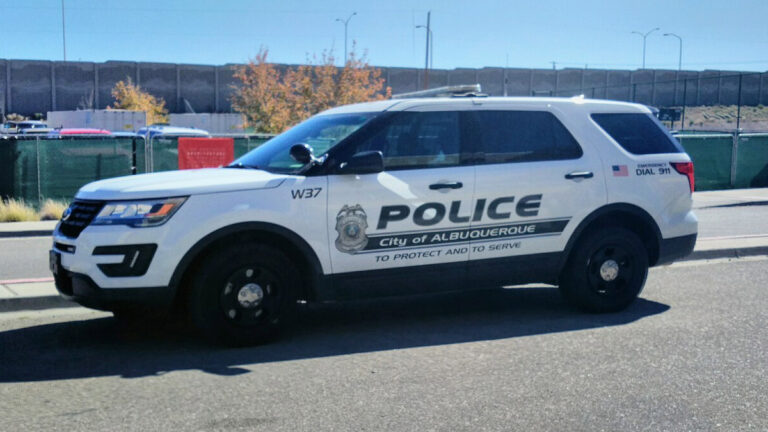Police Union Contract Extended Due To Covid-19
How Should New Contract Reflect Current Focus On Police Violence?


Trick on
Latest Article|September 3, 2020|Free
::Making Grown Men Cry Since 1992


Trick on

